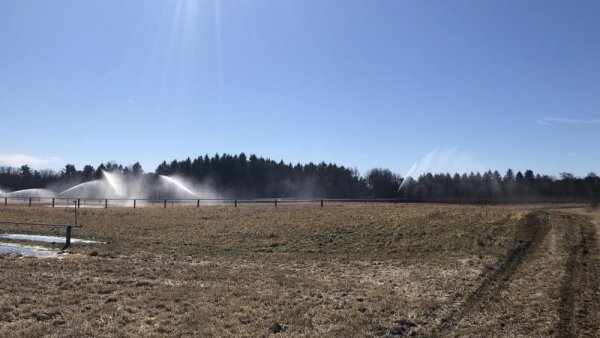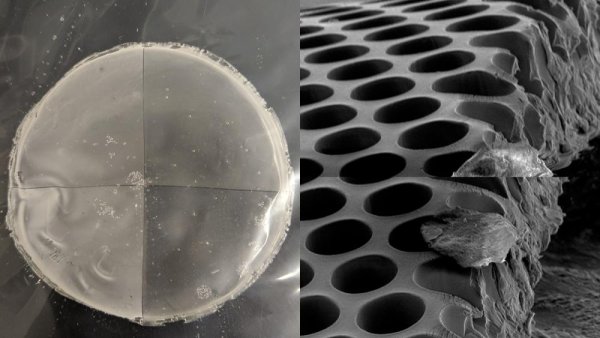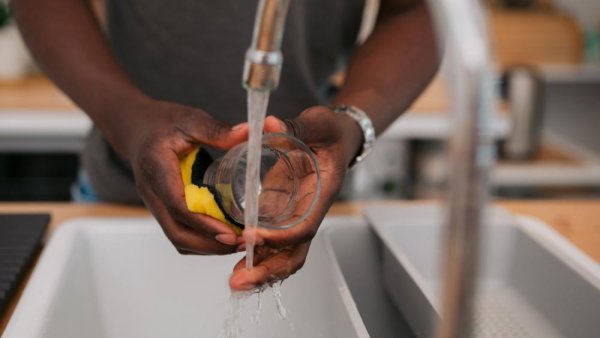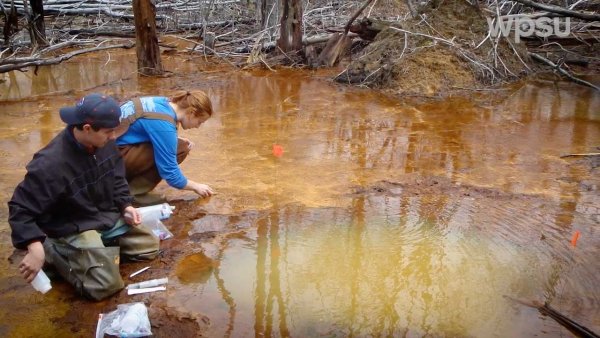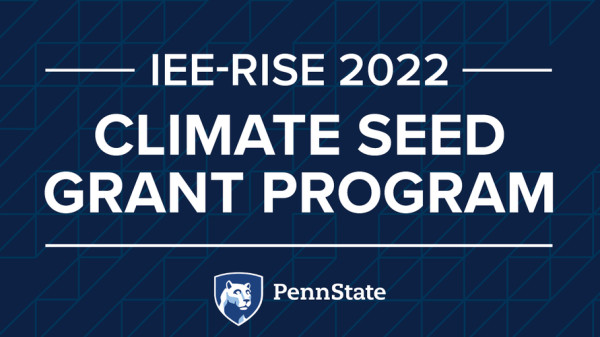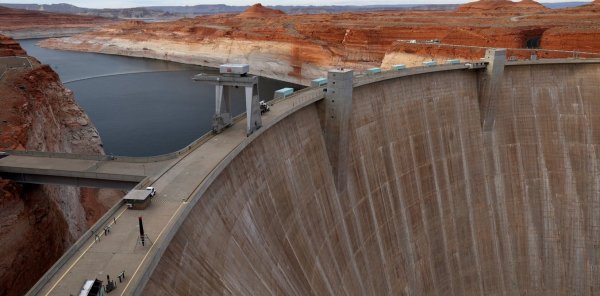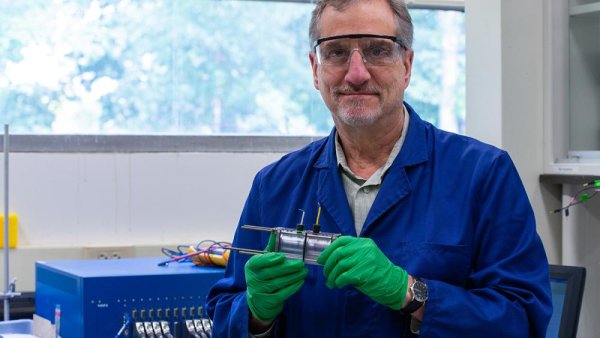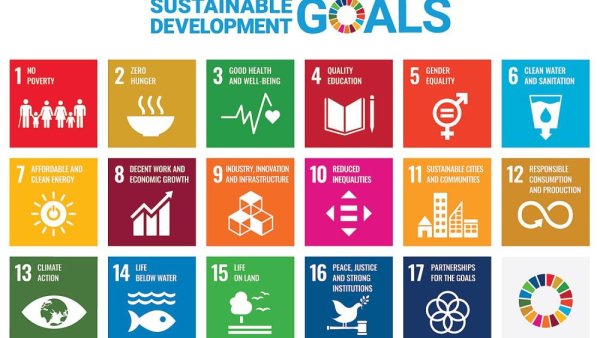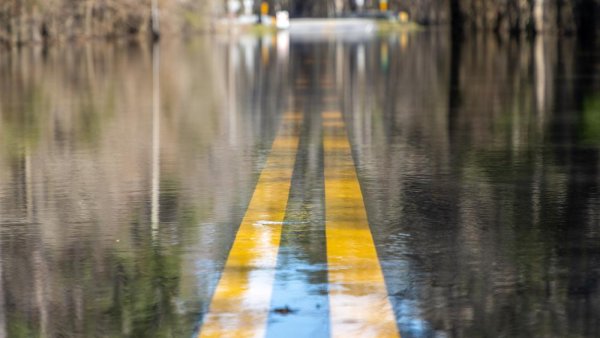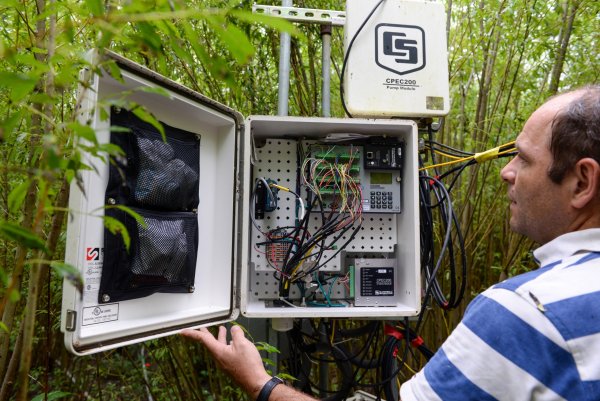COVID-19 drugs persist in wastewater, may pose risk to aquatic organisms
| psu.edu
Certain drugs used to treat COVID-19 patients — including remdesivir, dexamethasone and antibiotics for associated bacterial infections — persist through wastewater treatment and may occur in waterways at levels high enough to negatively affect aquatic organisms, according to a new study led by researchers at Penn State. The findings highlight the broad utility of wastewater surveillance as a tool for monitoring the effects of human health on water quality and ecosystem health.
Electricity-driven water purification method may extend to saltier waters
| psu.edu
Engineering researchers have received a $570,000 grant from the Office of Naval Research to improve upon membrane capacitive deionization, a portable, lightweight, and easy to operate water purification method that has the potential to desalinate seawater.
Insecure: New study links tap water avoidance and food insecurity
| psu.edu
People in the United States who avoid tap water are more likely to experience food insecurity, the lack of consistent access to sufficient food, according to new research from Penn State and Northwestern University. Food insecurity is associated with a range of health problems, so understanding this association is critical.
Water community introduces new council members, director of research
| psu.edu
New members were elected to the Penn State Water Council and a new director of research was announced for the emerging Water Consortium.
Microbes clean pollution from abandoned mines
| wpsu.psu.edu
Penn State professors Jennifer Macalady and Bill Burgos lead an interdisciplinary team researching newly discovered microbes capable of rapid removal of toxic metals in acidic environments.
Institutes partner on seed grants to promote computational climate research
| psu.edu
Penn State faculty investigating the climate are encouraged to apply for the IEE-RISE 2022 Climate Seed Grant Program to receive consulting time from the RISE (Research Innovations with Scientists and Engineers) team.
Hydropower's future is clouded by droughts, floods and climate change – it's also essential to the US electric grid
| theconversation.com
Globally, drought has already decreased hydropower generation. How climate change affects hydropower in the U.S. going forward will depend in large part on each plants’ location.
Engineer appointed to international advisory board on carbon capture
| psu.edu
The Novo Nordisk Foundation CO2 Research Center has appointed Bruce Logan, the Penn State Evan Pugh Professor in Engineering and the Kappe Professor of Environmental Engineering, to its advisory committee.
Energy, environmental seed grants awarded to 21 interdisciplinary teams
| psu.edu
The Institutes of Energy and the Environment awarded seed grants to 21 groups of interdisciplinary researchers for the 2021–22 cycle.
Penn State remains among top US, international institutions in impact rankings
| psu.edu
Penn State ranked third in the U.S. and remained in the top 50 in the world out of 1,463 international institutions that participated in the 2022 Times Higher Education (THE) University Impact Rankings, placing the University in the top 3% of institutions worldwide.
Penn State joins $360 million national water research effort
| psu.edu
Penn State will join a national consortium led by the University of Alabama to translate water research into operations that improve the country’s ability to predict weather-related hazards and effectively manage water resources. NOAA is funding the effort with $360 million.
Legacy gift inspired by shared vision for better, more resilient future and commitment to achieving it
| happyvalleyindustry.com
Penn State alumni Ron and Kathy del Papa want to pay it forward and make positive change. One way they’re hoping to achieve these goals is through a recent legacy gift to Penn State’s Institutes of Energy and the Environment (IEE).

